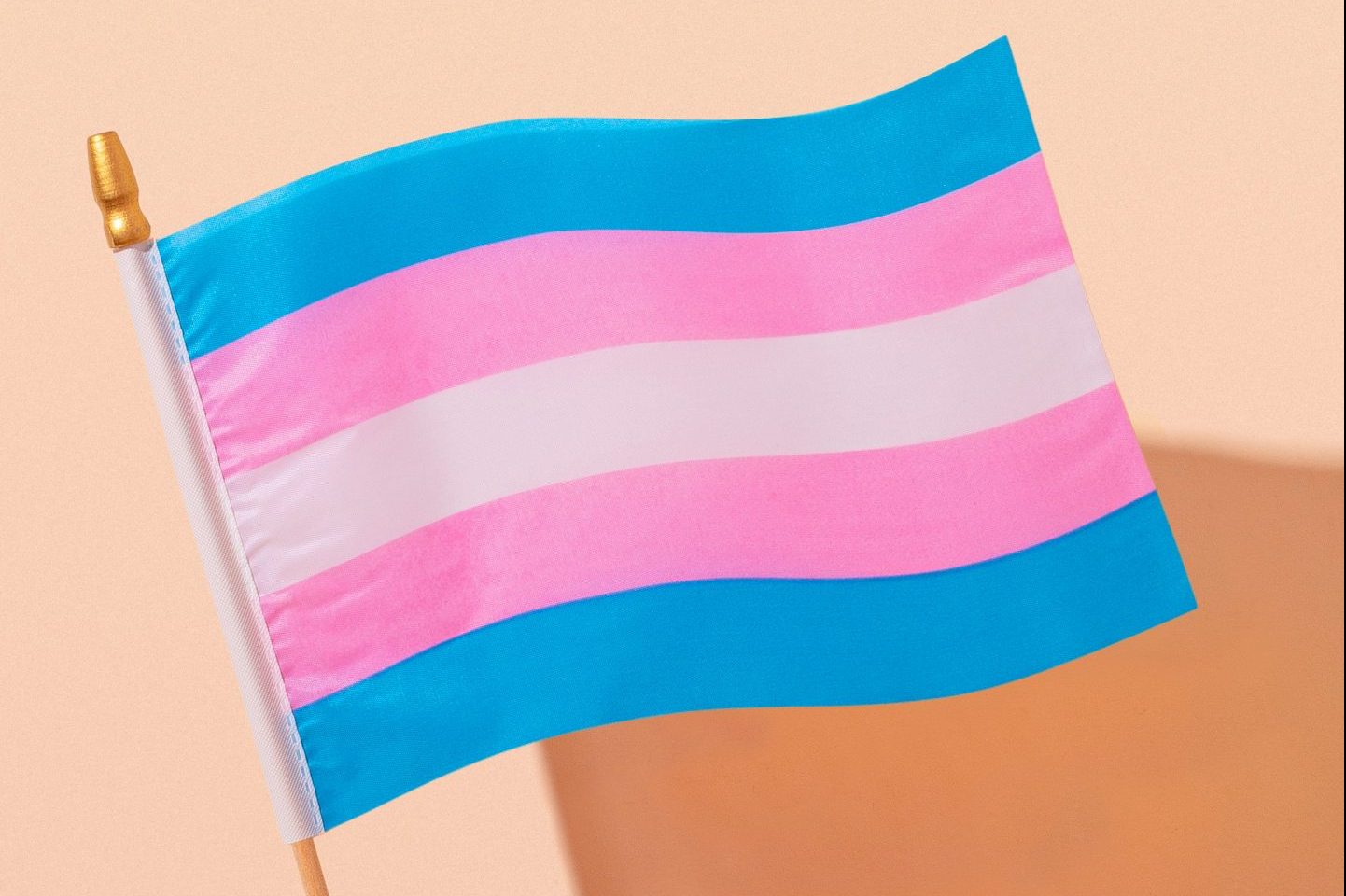Nearly 20% of Kingston University students identify as something other than cisgender and heterosexual, including transgender, non-binary, or otherwise genderqueer, according to 2023 data.
March 31 is International Trans Day of Visibility and we spoke to students about their experiences. “I started university as a very freshly-out non-binary person. In fact, the first person I told my new names and pronouns to was my flatmate,” said Ace Horrix, who studied drama and creative writing at Kingston.
“I wouldn’t say I faced many struggles during my time at KU. No one was outright disrespectful and was actually happy to learn more. My identity was well respected by my lecturers and staff, even if some of them did slip up from time to time. It was never malicious and they always apologised if they thought they had crossed any boundary or made me uncomfortable.”
LGBT rights group Stonewall found in 2018 that more than a third of trans university students in the UK faced harassment from staff or administration, with 14% considering dropping out because of treatment from staff and students. In 2017, Stonewall’s report on LGBT students in primary schools, it found that over half considered not attending university at all out of fear of harassment.
Natalie Wyn Owen, who identifies as non-binary, said: “My identity and pronouns are respected by my tutors. They have treated me with respect and have always been inclusive.”
Stonewall’s 2018 report identified proper pronoun usage as a point of concern for universities hoping to create inclusive environments for trans and non-binary students.
“I think it’s made me very aware of how people perceive me. A few of my peers, generally other queer people, use my they/them pronouns consistently but the majority of them don’t. I am very femme-presenting usually, which I think probably has something to do with that. I have overheard general transphobic comments from a couple of other people in the class occasionally,” said Gen Brownsea, who studies media and communications.
“I think a lot of lecturers would benefit from more information and training about preferred pronouns and genderqueer students, because a lot of spaces in the uni feel very cisheteronormative and not necessarily like a comfortable space to correct or open up about pronouns.
“Though I think a lot of the problems students face come from a place of misunderstanding, miseducation or forgetfulness rather than one of genuine harm,” Brownsea said.
When asked what improvements could be made at the university to better support trans, non-binary, and genderqueer students, Horrix said: “I feel like more pride based events would have been nice, and I don’t mean a GSA club. I think that just putting a flag up wasn’t enough, and if they had maybe had more trans speakers and things like that, it would have been cool to see.”
Owen said Kingston “could include more gender-neutral toilets across campus, as they are currently only available in select areas”.
“If I could summarise being non-binary at KU, I would say it was an overall positive experience for myself. I felt comfortable enough to be myself and explore my identity with staff and student support,” Horrix said. “But just because one trans person was treated with respect, it does not offset the fact it is a marginalised community of very few and sometimes it’s hard to be yourself in the current society we are in.”
Brownsea said, if they could summarise being genderqueer at KU, that they would say it is “kind of annoying.
“But that’s pretty reflective of life outside of uni, too.”

